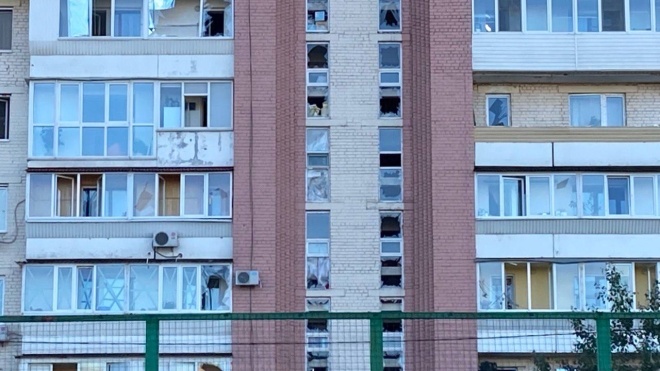American researcher Jeffrey Mankoff writes about the decline of Russian influence in Eurasia in an essay on War on the Rocks. Since the start of the Russian Federationʼs full-scale invasion of Ukraine in February, more and more states have been breaking free from the influence of Russiaʼs post-imperial government, Mankoff writes. Renewed hostilities between Armenia and Azerbaijan, as well as between Kyrgyzstan and Tajikistan, indicate that Moscow is losing control there. All available troops of the Russian Federation are engaged in Ukraine, and therefore the country cannot offer support to its allies. So big regional players like Turkey and China are using the situation to their advantage, the essay says. Turkey, in particular, although it continues to support Azerbaijan, nevertheless insists on the normalization of relations with Armenia and the opening of the border. In the long run, this will reduce Armeniaʼs dependence on the Russian Federation and Iran. China is also expanding its presence in Central Asia, in particular for the transit of goods bypassing sanctioned Russia. The emergence of geopolitical pluralism in the region will strengthen the economies of smaller Eurasian countries in the long term. The illiberal influence of China and Turkey creates certain risks, but the weakness of Russia gives new opportunities to the liberal players of the West, so the development of civil society and investments can positively affect the democratic development of Central Asian countries, concludes Mankoff.
Politico writes about the plans of Western leaders for Russia, whose leader is becoming less and less predictable. Presumably, Putinʼs goal is to erode Western support and inflame disputes among Ukraineʼs allies before Russia finally loses on the battlefield. The former commander of US forces in Europe, Ben Hodges, believes that the Ukrainian Armed Forces have reached the point of no return and are confidently heading for victory. Therefore, allies should remain calm and continue to support Ukraine, and NATO should be ready for any scenario. What can Putin do next? Among the possible scenarios, the publication mentions the continuation of mass bombing of the civilian population and infrastructure, which is especially dangerous with the approach of winter. This is evidenced, among other things, by the appointment of Sergey Surovikin, known for his brutality, as the commander of the Russian forces in Ukraine. Second, Russia will probably continue to covertly destroy the systems of NATO countries. These could be actions similar to the recent Nord Stream attack or damage to German railway cables. Such “hybrid” attacks may eventually lead to the application of the fifth article of the NATO agreement, which states that an attack on one ally is an attack on all allies. After all, writes Politico, Putin is trying to buy time, even if in exchange for the bodies of Russian soldiers. What to do? To Putinʼs unpredictable actions, says one anonymous senior EU official, allies must offer predictable responses.
The Associated Press writes that the involvement of the Belarusian army is unlikely to significantly affect the war in Ukraine. Alexander Lukashenkaʼs recent statements raised fears that he might involve the army of Belarus due to pressure from Moscow. Analysts claim that the small and inexperienced forces of Belarus can help the Russian army to block some of the ways of supplying weapons to Ukraine, but they are unable to significantly increase Russiaʼs capabilities on the battlefield. The Belarusian army is weak and unmotivated, and Lukashenko is unlikely to want to involve the troops in the war. Belarusian analyst Valeriy Karbalevich says that the countryʼs elites and population are not ready to join the war, and Lukashenko is trying to maintain the alliance with Russia by only helping it.
